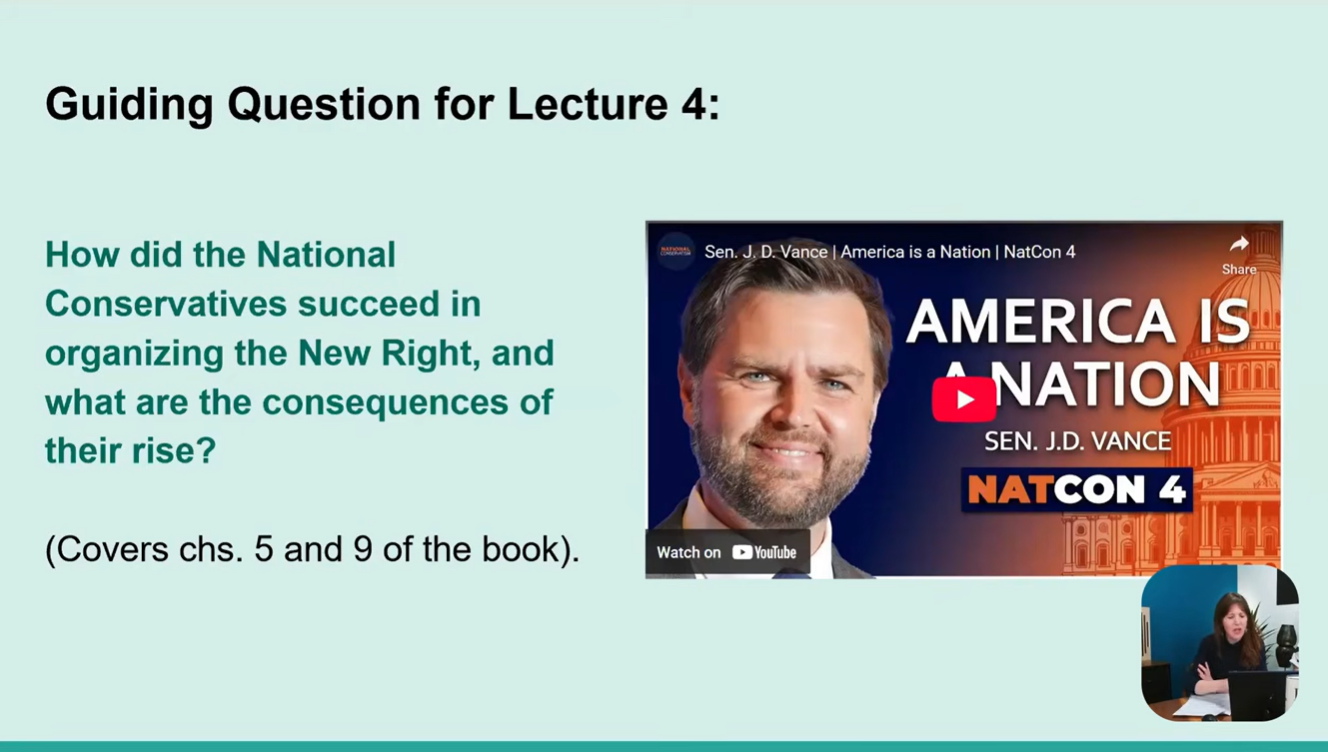The Fortnight That Was: All of Lawfare in One Post
The recent discovery of the memorandum that William Barr, the president’s nominee for attorney general, sent the Justice Department in June criticizing Special Counsel Robert Mueller’s investigation into alleged obstruction of justice has generated considerable debate about the merits of Barr’s argument and its implications for his confirmation.
The recent discovery of the memorandum that William Barr, the president’s nominee for attorney general, sent the Justice Department in June criticizing Special Counsel Robert Mueller’s investigation into alleged obstruction of justice has generated considerable debate about the merits of Barr’s argument and its implications for his confirmation. In response to Andrew McCarthy’s argument that Barr’s memo is legally sound, Daniel Hemel and Eric Posner countered McCarthy’s points and asserted that the memo is poorly reasoned. Jack Goldsmith offered the first of two qualified defenses of the memo, noting that it has considerable support in executive branch precedent and Supreme Court case law. Goldsmith added that the memo’s real significance may derive from its potential use in efforts to impeach the president.
In recent weeks, considerable debate has also surrounded Acting Attorney General Matthew Whitaker’s controversial decision not to recuse himself from the special counsel investigation despite remarks he made before assuming office vehemently criticizing the probe. Chuck Rosenberg argued that Whitaker should consider recusal because of the opinions he expressed, and noted that New York State Attorney General Letitia James should consider doing the same in state inquiries related to the president. James, who oversees investigations into the Trump Foundation, the Trump Organization, and members of the Trump family, made highly critical comments about President Trump and the Trump family’s real estate holdings before becoming New York state attorney general.
As the 115th Congress came to a close, Quinta Jurecic shared the letter that Reps. Bob Goodlatte and Trey Gowdy, exiting chairmen of the House Committees on the Judiciary and Oversight, respectively, issued concerning the committees’ joint investigation into the conduct of the FBI and the Justice Department.
As the 116th Congress began, Margaret Taylor argued that the legislative branch should exercise its constitutional powers and once again serve as an effective check on the president.
Shane Harris, Susan Hennessey, Benjamin Wittes, and Tamara Cofman Wittes discussed how the new Congress and a new Cabinet might confront major national security challenges in 2019 on this week’s Rational Security: The “New Year New You” Edition:
On Jan. 1, 2019, Defense Secretary James Mattis departed the Pentagon and was replaced on an acting basis by his deputy, Patrick Shanahan. During a recent episode of the Lawfare Podcast, Scott Anderson, Daniel Byman, Mara Karlin, and Tamara Cofman Wittes unpacked Mattis’s resignation, as well as one of its most prominent catalysts, President Trump’s decision to withdraw all U.S. ground forces from Syria:
Nicholas Norberg offered a primer on Syria’s nascent constitutional committee, examining the country’s current constitution, the process of convening a committee to draft a new constitution, and the uncertain future of the effort.
Lorenzo Vidino provided an overview of jihadism in 2018, arguing that the situation seems reminiscent of 2011, when many believed the jihadist threat to be decreasing in the West.
Daniel Byman argued that the 1979 Iranian revolution led to a surge in Iranian-backed terrorism that persists to this day, making the revolution one of the most important events in the history of terrorism.
Sarah Grant provided an update on the litigation challenging the Trump administration’s proposed ban on transgender people serving in the military. Matthew Kahn shared the D.C. Circuit’s latest ruling in the case, which lifted a preliminary injunction against the administration’s ban.
Dan Maurer posited that the president’s intervention in the case of former Army Maj. Matt Golsteyn—who is charged with violating the law of war and the Uniform Code of Military Justice—underscores the tension between the Commander-in-Chief Clause and the Take Care Clause of Article II of the Constitution.
In this week’s Water Wars, Nathan Swire examined the steps Japan is taking to modernize its military, China’s recent test of the Julong-3 missile, a submarine-launched nuclear missile with a range of 5,600 miles, and developments in the South China Sea.
Jack Goldsmith and Robert Williams asserted that America’s cyber indictment strategy, which constitutes the centerpiece of the government’s response to Chinese hackers’ theft and destruction of highly sensitive intellectual property and related business information, is a failure.
As cyberattacks become increasingly sophisticated and continue to target governments, banks, and other major global financial institutions, Jason Healey, Patricia Mosser, Katheryn Rosen, and Alexander Wortman outlined the need for, and the growing momentum to facilitate, closer cooperation between the cybersecurity and financial stability communities.
Sven Herpig and Ari Schwartz examined the history of vulnerabilities-equities processes (VEPs), which govern the use and disclosure of vulnerabilities in government software and technology; the increasing number of countries designing new VEPs; and the steps countries can take to heighten cybersecurity, increase transparency, and encourage good governance.
Annie Anton and Justin Hemmings called on Congress to increase its efforts to examine and respond to the national security risks posed by foreign vendors.
Susan Landau responded to Ian Levy and Crispin Robinson’s article outlining principles for a more informed debate on exceptional access.
Alan Rozenshtein flagged a forthcoming article he wrote for the Yale Law Journal Forum arguing that the Supreme Court was wrong to conclude that the government needed a warrant to collect large quantities of cell-phone location data in United States v. Carpenter.
Andrei Gribakov dissected the Cross-Border Privacy Rules (CBPR) system in Asia, explained how it differs from the General Data Protection Regulation (GDPR) system in the E.U., and offered several reasons why the CBPR might become more prominent in the future.
Nele Achten summarized the objectives of and criticisms levied against Germany’s Network Enforcement Act (NEA), a law that requires social media companies with more than 2 million users in Germany to delete “manifestly unlawful” content within 24 hours of receiving a complaint, and to reply to all other complaints within one week.
Though the election of Mexican President Andrés Manuel López Obrador, a member of the political left, represented a departure from the last decade of the country’s politics, Jake Drizard observed that Obrador plans to double down on the same security strategy—a deepening militarization—that has generally failed to slow the violence that has gripped Mexico over the last 12 years.
And Jen Patja Howell shared the end-of-the-year episode of the Lawfare Podcast, a Lawfare AMA featuring recordings of listeners’ questions, which covered everything from the Middle East, to the 25th amendment, to cyberwarfare:
And that was the fortnight that was.





